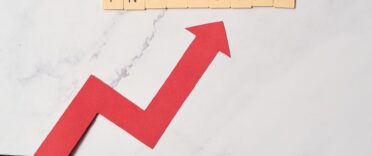
For those who don't know the Office for National Statistics (ONS) track inflation by creating a notional consumer 'shopping basket’ containing goods and services on which people typically spend their money. As the prices of the various items in the basket change over time, so does the total cost of the basket. Movements in the CPI and RPI (the quoted measures of inflation) represent the changing cost of this representative shopping basket. So what's in the ONS shopping basket? Well you'll be surprised what the ONS think we typically spend out money on!
10 things you didn't know were included in the official inflation basket
- the cost of domestic carpet shampoo/cleaner hire
- door handles
- compost (what a pile of s......)
- night-club admission
- the cost of a full leg wax
- caravans (do people still buy these??)
- slimming club costs
- cigarettes as you'd expect – but strangely not matches/lighters or nicotine patches
- dating agency fees
- hamsters (and strangely not cats or dogs)
And if you thought those were odd then here are a few of the items that were included until recently
- Women’s high heeled sensible shoe (can someone please clarify when a high heeled shoe becomes sensible?)
- Rosebushes
- Cost of spaying a kitten (ouch)
- Women's high heeled party shoes (I’m not joking . Clearly there was a shoe amnesty at the Office of National Statistics. Either that or it is official - ladies you really do have too many shoes!).
So apparently the UK is full of dolled up fat single women queuing outside night-clubs saying 'have you got a light?' while at the same time looking for their shoes. Sounds like most city centres on a Saturday night. Who said that the Consumer Price Index had no bearing on reality!
ONS – I salute you.
But on a serious note when will interest rates be going up?
The fall in inflation, coupled with the record fall in UK retail sales figures in March mean that the markets now don't expect interest rates to rise until September. I'm not sure why the media was surprised by today's inflation figures or the fall in consumer spending? (Both of which I predicted in my article Latest interest rate predictions – April 2011).
image by woodleywonderworks - flickr





